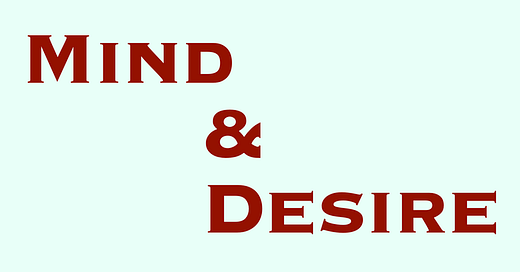I’m currently teaching an online class on Rene Descartes’ Meditations, as well as on the Objections other philosophers and theologians provided about his work, and Descartes’ own replies to those objections. One of the points I emphasize to my students is that this willingness to see our feedback from other thinkers is something important not just for Descartes himself but for doing philosophy well in general.
Descartes himself tells us a good bit about this in his Preface to the Reader of the Meditations. This doesn’t mean that he wants to considers every single objection coming from anyone whosoever. It is critical that would-be critics have actually read, understood, and thought about a work before they are in any way equipped to say anything intelligent about it. But there are intellectually well-developed critics out there, and Descartes thinks it essential to engage with them.
As I note, there is an interesting similarity between what Descartes does in publishing his Meditations with the much longer Objections and Replies added to it, and what Anselm of Canterbury did centuries earlier with one of his major works, the Proslogion. Another monk, Gaunillo wrote a set of objections on behalf of the Biblical fool mentioned in chapters 2-4 of the Proslogion, and Anselm himself wrote a response. Like Descartes, he required that the work, in its official publication, have Gaunillo’s criticisms and his own response included.
Thinking about these works, and these editorial decision by their authors provides us with a valuable opportunity to think about what it takes to do philosophy well as a practice.













Share this post